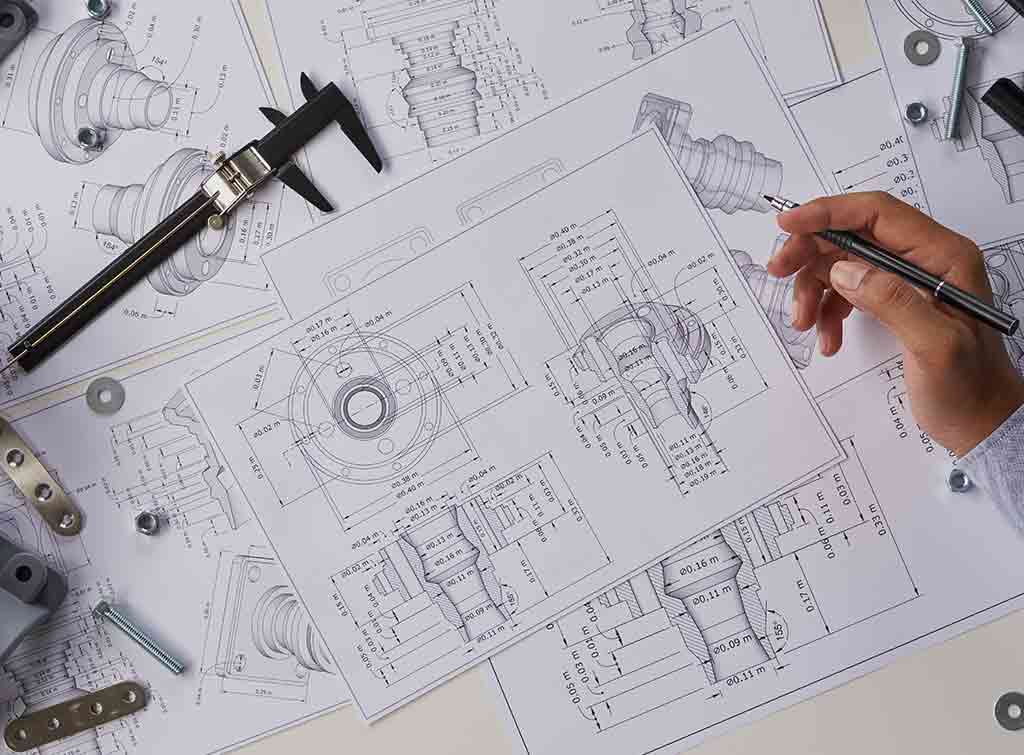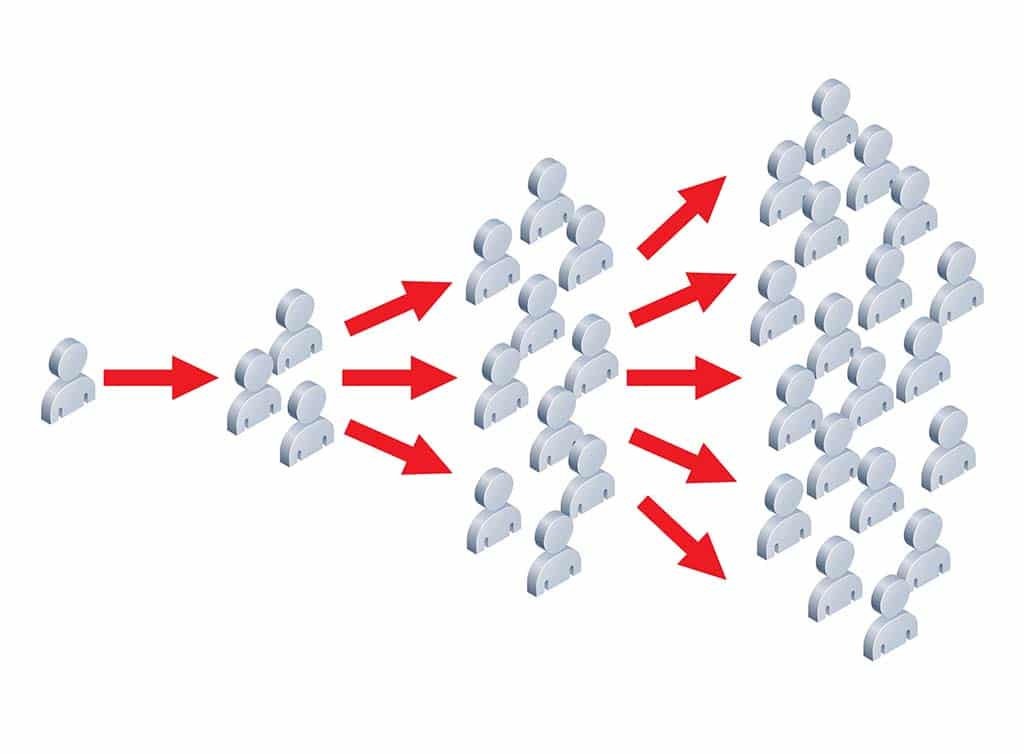What you need to know about capital gains tax for small business

What is capital gains tax for small business?
Capital gains tax (CGT) is how HMRC taxes profits from selling business assets. You might have to pay CGT on profits from selling part or all of a business asset. Business assets are also known as capital expenditure.
What is a capital gain?
The capital gain is the difference between the price you paid for an asset and the amount you got from selling it.
Who pays CGT?
CGT for small business applies if:
- You are a self-employed sole trader
- Your business is a partnership
If your trade business is a limited company, then CGT rules don’t apply. Instead, you have to pay corporation tax on any profit you make selling a business asset.

How does CGT work?
You’ll need to calculate the profit you make on selling an asset. You should also see if there are costs related to the asset allowable for reducing its taxable value. You can usually use these costs to reduce the profit you make on selling the asset.
What is the profit on selling the asset?
This is usually the extra amount you get from selling an asset above the price you paid for it.
In certain circumstances, you can use the market value of the asset instead. These include when:
- You sell the asset for less than it is worth
- You inherited the asset and don’t know its original value
- You give the asset away
- You owned the asset before April 1982
Helping you look after your business assets
Checkatrade supports local tradespeople
We'll guide you to better businessCosts you can deduct from profits when you sell an asset
There are certain business costs you can deduct to reduce the taxable value of the capital gain. These include money you spend on:
- Getting the asset valued
- Advertising the asset for sale
- Making improvements to the asset
Costs you can’t usually use to reduce the value of the capital gain include:
- Money spent on repairs and maintenance of an asset
- Other business expenses that you incur and can already claim against your taxable profits
- Any interest on money you have borrowed or loaned to buy the asset

What happens if you make a loss when you sell an asset
If you make a loss when you sell an asset, you can use it to reduce the CGT you have to pay on your taxable gains.
Losses on selling an asset don’t have to be claimed immediately in the tax year when they happen. They can be ‘carried forward’ to future tax years.
What business assets do you pay CGT on?
Business assets on which CGT may be charged include:
- Plant, machinery and equipment
- Business vehicles
- Fixtures and fittings
- Land and buildings
- Shares
- Registered trademarks
- Your business reputation (often called goodwill when a business is sold)
If you buy and sell assets regularly
There’s a type of tax relief available if you buy and sell certain assets regularly. It’s called Business Asset Rollover Relief.
You can apply this tax relief if you buy certain types of new assets within three years of getting rid of the old ones. You also have to use both assets in your business.
Helping you look after your business assets
Checkatrade supports local tradespeople
We'll guide you to better businessWhat are the CGT rates?
You’ll need to include any CGT that’s due on your tax return as a sole trader or partnership. Various rules apply when you work out whether you owe any CGT in a tax year.
The main CGT rates for a business are:
- 10% if your sole trader or partnership business qualifies for Business Asset Disposal Relief
- 20% on other assets where CGT is due
As an individual taxpayer, you will usually qualify for capital gains tax allowances. These include a tax-free allowance of £6,000 per year.
It’s also worth noting that you don’t usually have to pay CGT on assets you dispose of to your spouse, civil partner or charity. But they might have to pay CGT if they then sell the asset.
How to pay CGT
As a sole trader or partner in a business partnership, you notify HMRC about CGT through your usual annual self-assessment declaration. There are different ways of paying CGT to HMRC.

Capital gains tax on a small business sale
HMRC has rules on how much CGT is due when you sell a business. These apply to sole traders and partnerships.
Business Asset Disposal Relief
This tax relief means you only pay 10% CGT on qualifying profits if you sell some or all of your business.
Gift Hold-Over Relief
Under this tax relief, you pay no CGT if you give away your business. The person you gift it to might have to pay tax when they sell it.
Incorporation Relief
This tax relief is available if you turn your sole trader or partnership business into a limited company.
FAQs
How does capital gains tax for small business work?
If you make a profit when selling a business asset you may have to pay CGT on the profit you make.
Will small business capital gains tax apply to my trade business?
It might do if you are a sole trader or your business is a partnership. It won’t if your trade business is a limited company (which pays corporate tax on capital gains).
What are small business capital gains tax concessions?
Certain CGT reliefs may be available to small business. They include the tax-free allowance of £6,000 on capital gains, as well as Business Asset Disposal Relief.
Is there a CGT retirement exemption?
If you are thinking of selling your business when you retire then you should find out about Business Asset Disposal Relief and Gift Bold-Over Relief.
Ready to take your business to the next level?
We can help you get there
DISCLAIMER
This is information – not financial advice or recommendation. The content and materials featured or linked to on this blog are for your information and education only and are not intended to address your particular personal requirements. The information does not constitute financial advice or recommendation and should not be considered as such. Checkatrade website is not regulated by the Financial Conduct Authority (FCA), its authors are not financial advisors, and it is therefore not authorised to offer financial advice.
Always do your own research and seek independent financial advice when required. Any arrangement made between you and any third party named or linked to from the site is at your sole risk and responsibility. Checkatrade blog and its associated writers assume no liability for your actions.



No comments yet!